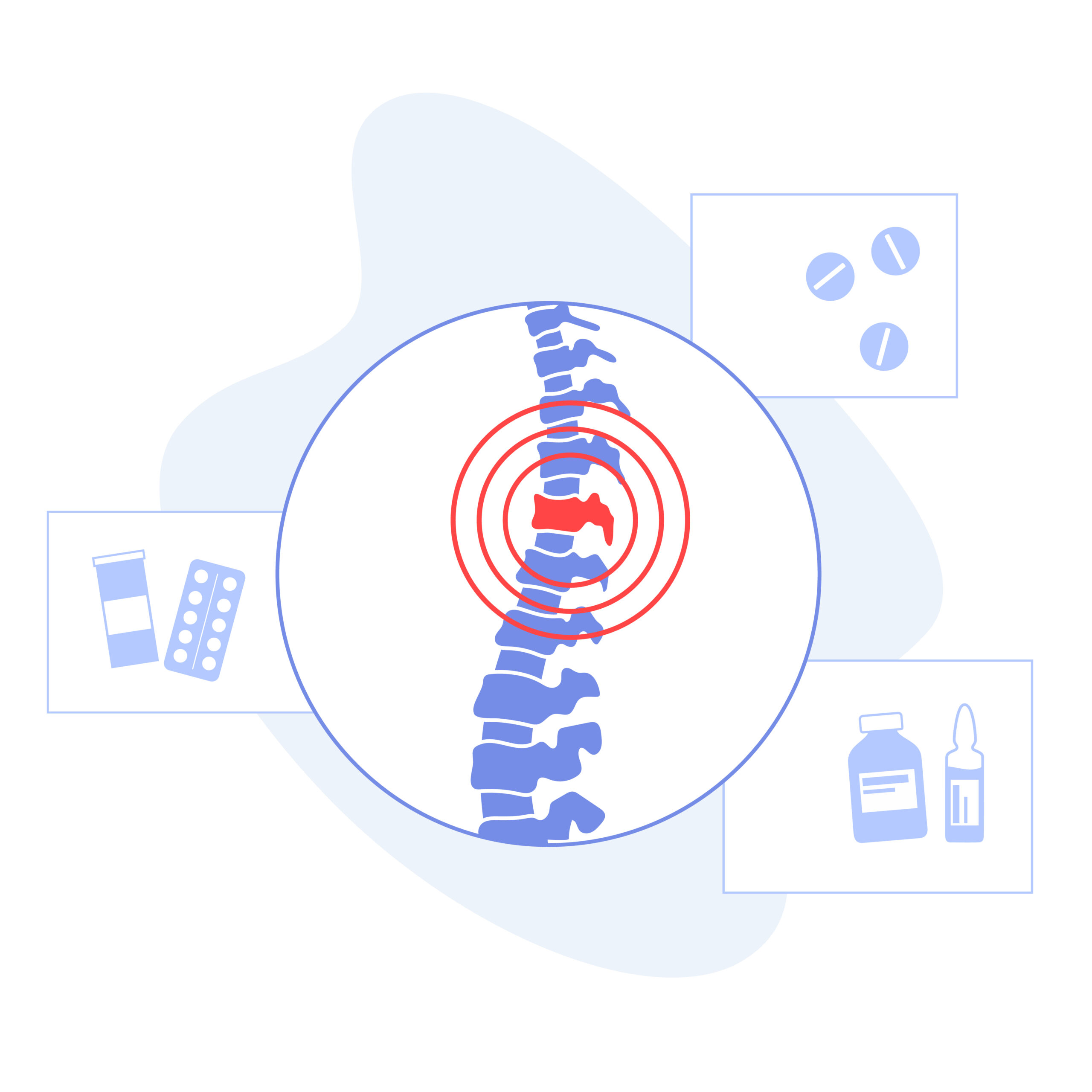OUD and Chronic Pain Research Study
Researchers at Yale University are investigating a combination of THC and CBD as a treatment for opioid use disorder (OUD) and chronic pain occurring together.
HIC#2000038372

Fast Facts

Opioid Use Disorder & Experience Chronic Lower Back Pain

On a Stable Dose of Clinically Prescribed Methadone

Compensation Provided

Conducted in New Haven, CT
Study Background
We want to know whether a combination of THC and CBD can help reduce pain and opioid cravings in people with opioid use disorder and chronic pain who are undergoing methadone therapy.
Many people who are receiving methadone for OUD also experience chronic pain. However, the standard treatment for OUD does not appear to effectively relieve chronic pain. Because pain is a crucial factor in discontinuing OUD treatment and is strongly associated with the recurrence of opioid craving, new interventions are needed to address chronic pain and improve the treatment of people with OUD.
A growing body of evidence suggests that THC (a component of cannabis) can relieve pain and reduce the dose of opioids needed for pain, while CBD (another component of cannabis) can reduce opioid-seeking behavior. Therefore, this study aims to investigate whether the combination of CBD and THC can be safely and strategically administered to alleviate pain and reduce opioid use, ultimately supporting recovery.

Study Background
We want to know whether a combination of THC and CBD can help reduce pain and opioid cravings in people with opioid use disorder and chronic pain who are undergoing methadone therapy.

Many people who are receiving methadone for OUD also experience chronic pain. However, the standard treatment for OUD does not appear to effectively relieve chronic pain. Because pain is a crucial factor in discontinuing OUD treatment and is strongly associated with the recurrence of opioid craving, new interventions are needed to address chronic pain and improve the treatment of people with OUD.
A growing body of evidence suggests that THC (a component of cannabis) can relieve pain and reduce the dose of opioids needed for pain, while CBD (another component of cannabis) can reduce opioid-seeking behavior. Therefore, this study aims to investigate whether the combination of CBD and THC can be safely and strategically administered to alleviate pain and reduce opioid use, ultimately supporting recovery.

Additional Information
In this research study, we are investigating the therapeutic potential of combined delta-9-tetrahydrocannabinol (THC) and cannabidiol (CBD) in relieving both pain and opioid craving in people with co-occurring opioid use disorder (OUD) and chronic pain who are undergoing methadone therapy. This combination may be a promising treatment target because it shares crucial signaling pathways with the brain’s pain and reward mediation system.
You may qualify for a study if you meet the following criteria.
Inclusion Criteria:
- Ages 18-65
- Diagnosed with opioid use disorder & experience chronic lower back pain
- On a stable dose of clinically prescribed methadone
- Have used cannabis at least once in your lifetime
- No heavy reliance on substances other than tobacco
- No significant neurological conditions (e.g., stroke, neuropathy)
- Not allergic to cannabis, sesame seeds, or Butylated Hydroxytoluene (BHT)
- If female, not pregnant or breastfeeding
- No significant medical conditions
This is an in-person study being conducted at the Clinical Neuroscience Research Unit (CNRU) at the Connecticut Mental Health Center (CMHC) in New Haven, CT. The study will require participants to come to the CNRU a total of 6 times.
Participants will first come in for a screening session. If eligible, participants will be invited to three 8-hour test sessions, each separated by at least 72 hours. Across the three test sessions, participants will receive one fixed dose of THC or placebo, combined with one of three randomly ordered doses of CBD or placebo. Participants will complete assessments regarding 1) the effects of the medication, 2) the symptoms of their OUD, and 3) they will complete experimentally provoked pain measures.
One week after the final test session, participants will be asked to return for a brief follow-up visit to address any unlikely lingering effects of the study medication.
Participants will be compensated up to $680 for completing the entire study, as well as reimbursement for reasonable transportation costs. Participants will be compensated after each visit in the form of cash or check.
There is no cost for you to participate in our research study.
